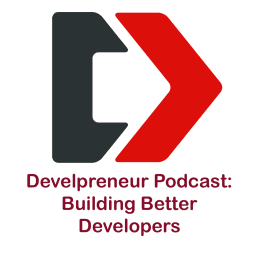This episode starts a master class in how to turn around tragedy as we talk with Greg Offner. His story is mesmerizing, and he does a pretty darn good job sharing it. Just kidding, Greg is an incredible guest and I think you will want to buckle in as we discuss a broad range of topics. Whether you are trying to find your happiness, build and retain a team, or learn a little about approach avoidance, it is all here.
Turn Around Tragedy From One Who Has
Most of us understand that life has some “ah-ha” moments and even those that slap us in the face. Greg has a story that starts from one of the latter situations. He had a long and difficult journey just to be able to speak to us today. However, he found out a lot about himself during that journey and now is motivated to help everyone he meets do the same. Life is too short to be unhappy or even to simply exist. He helps us see how to kick our life up a notch by running towards what we like instead of avoiding what we dislike.
A Little Background
Doctors handed Gregory two options: lose the ability to speak forever, or undergo a vocal surgery that would require a complicated and lengthy recovery.
But Gregory soon learned that this first procedure was only the beginning.
Five years and 15 surgeries later, Gregory transformed both his voice and his life.
Today, as an award-winning keynote performer, Gregory helps organizations and the people within them elevate the experience of work, and use piano bar secrets to inspire their people, amplify teamwork & collaboration, and build organizations full of highly fulfilled, high-performing people.
He discovered his perspectives on navigating change, and his passion for creating experiences that ‘rock’ could serve, inspire, and delight audiences around the world.
The use of music in his programs (as a metaphor for engagement and resilience) connects with audiences in a deep and unforgettable performance. Thus, leaving them refreshed and equipped with skills to reframe obstacles as opportunities.
His programs have broad appeal. Therefore, they can be customized to suit events with a diverse mix of roles and responsibilities in the audience. That includes audiences composed mainly of leaders.

